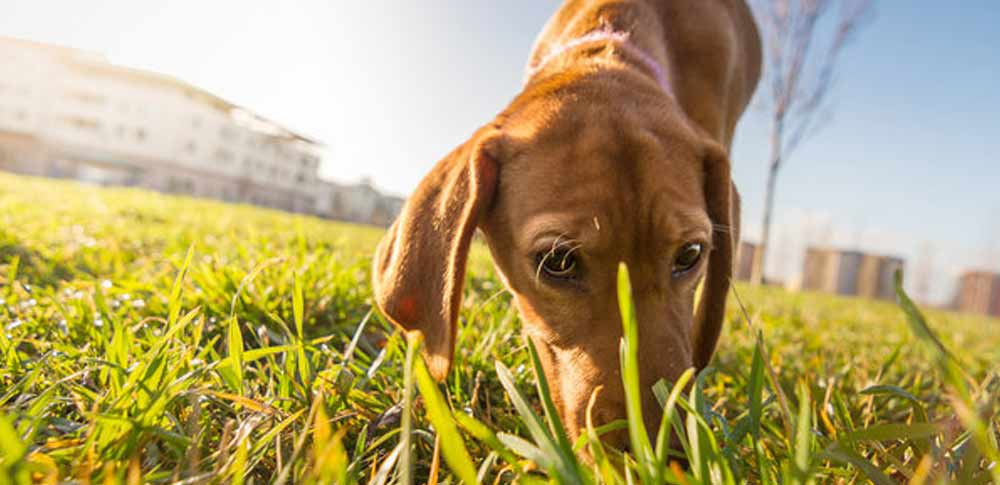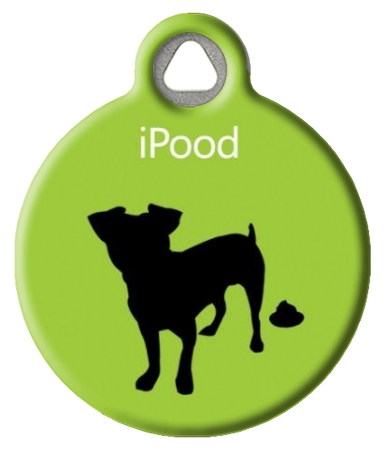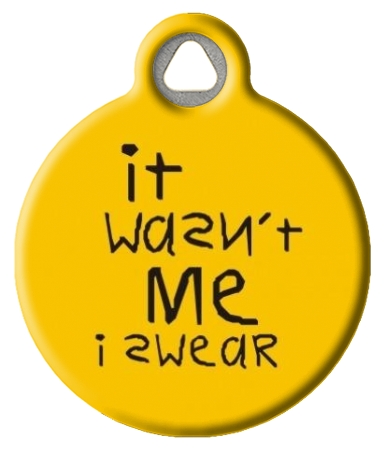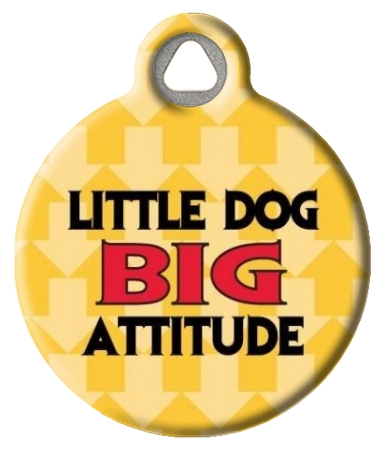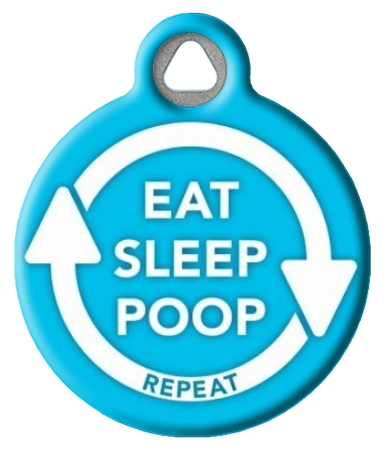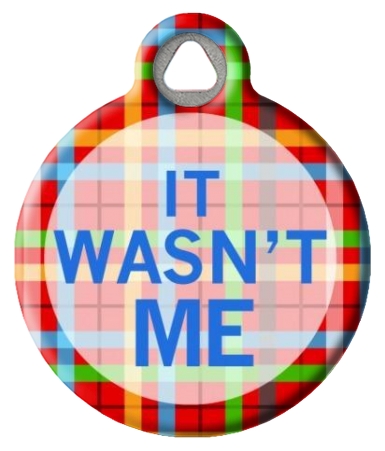It's a serious question. Pet owners want to know: what's with all the canine crap connoisseurs? Fortunately, scientists have turned their attention to the matter and have sniffed out some possible answers.
Poop eating is scientifically known as coprophagia and is common among many species of mammals. Rodents, elephants, beavers, some primates, just to mention a few, all indulge in waste tasting. Generally, scientists believe that this behavior is simply a way for animals to get more nutrients out of their already digested food. In addition, some animals turn to poop eating if they have nutritional deficiencies caused by lack of food or illness. But why would your well-taken care of domestic dogs eat poop?
Monkey See, Monkey Doo-Doo
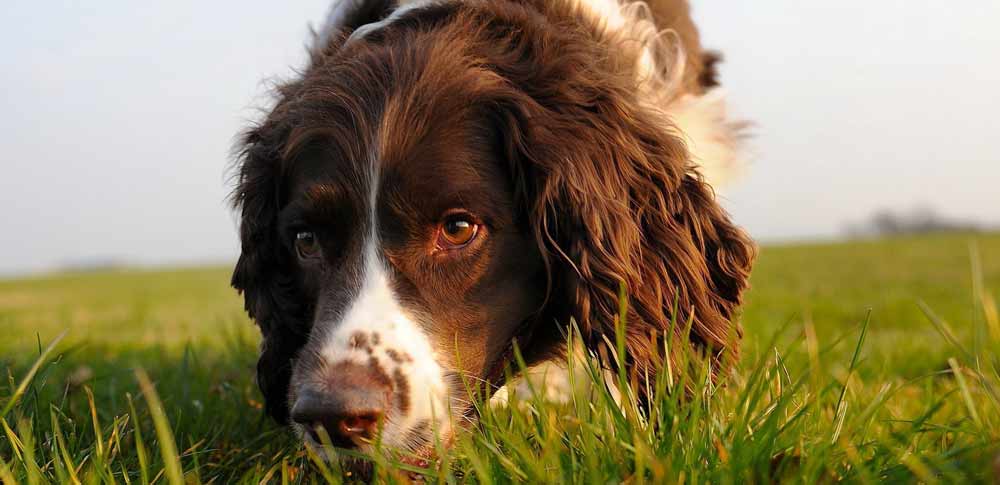
In some cases, poop eating can be a learned behavior. Puppies may see their mother licking littermates' bottoms to encourage elimination and to clean up the mess, which can lead them to try feces feasting for themselves. Fortunately for disgusted pet owners, most puppies grow out of this childhood poop eating phase by about nine months or so. But what if the habit continues long after a dog grows to adulthood?
When Instincts Stink
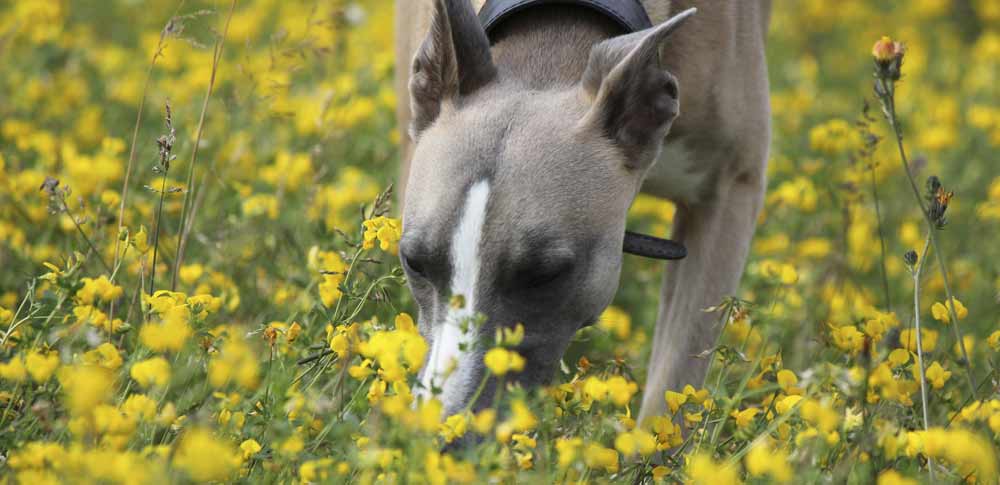
Some scientists suggest that poop eating is an instinctive behavior. In two separate studies that investigated dog poop eating habits, more than 80% of poop eaters ate poop that was no more than two days old. While most would conclude that dogs simply prefer fresh feces over dry droppings, researchers came to a different conclusion. They linked this finding to an adaptive behavior found in wolves, the ancestors of domestic dogs.
Wolves are exposed to a wide range of intestinal parasites in the wild. The list is long and includes tapeworms, pinworms, hookworms and roundworms. They expel the eggs of these parasites in their feces. However, the eggs don't grow into their infectious larval form for several days. So it would appear that when wolves eat fresh feces, they are instinctively performing a kind of housekeeping, getting rid of the poop before it has a chance to turn into a parasite infection zone. This same "housekeeping" instinct could be at work in dogs, motivating them to clean up all that fresh poop in the backyard.
Study authors recognize that there is quite a difference between domestic dogs and wolves and so they consider their hypothesis tentative, but hey, it sounds like a reasonable conclusion to us!
The Persistent Poopy Palate

Unfortunately, these studies turned up one more bit of information that might be discouraging to grossed-out dog owners. Poop eating habits are very hard to get rid of, if not impossible. Dog owners tried food additives, punishment for eating poop and even positive reinforcement when their pets left poop alone. Their success rate in stopping their fecal fancying pets from eating poop? Zero to four percent.
Science can't say for sure, but it looks like instincts and learned behaviors play a big role in poop eating. Or perhaps dogs just like the taste of poop? We may never know the answer.
